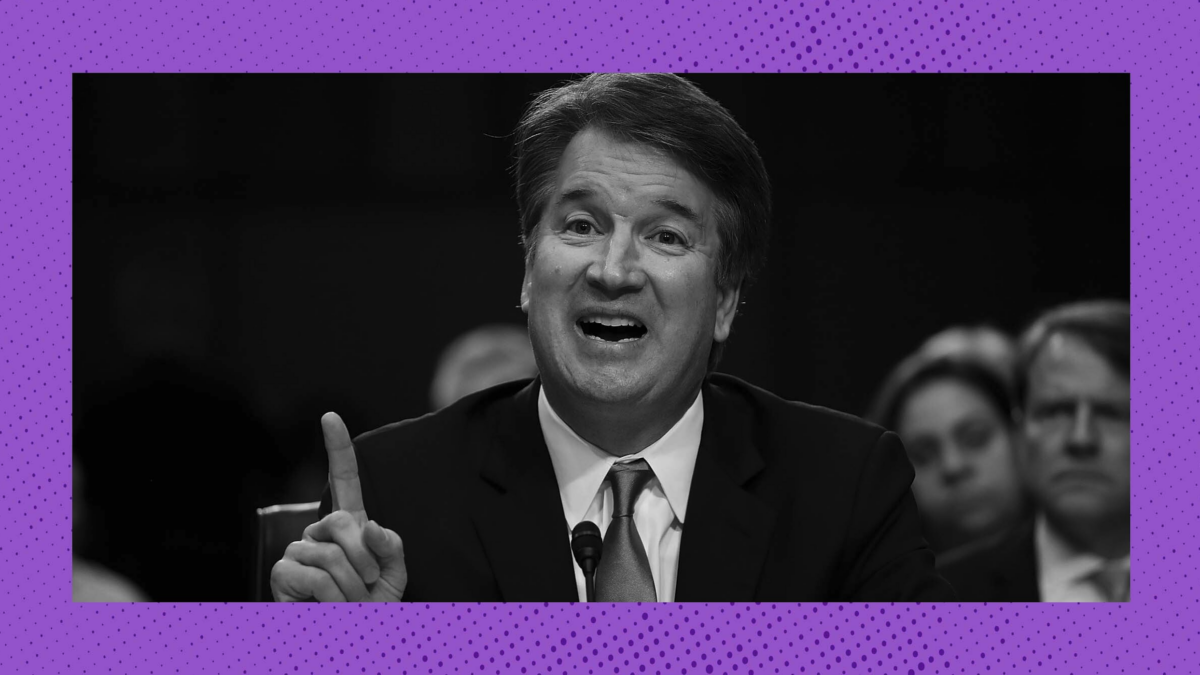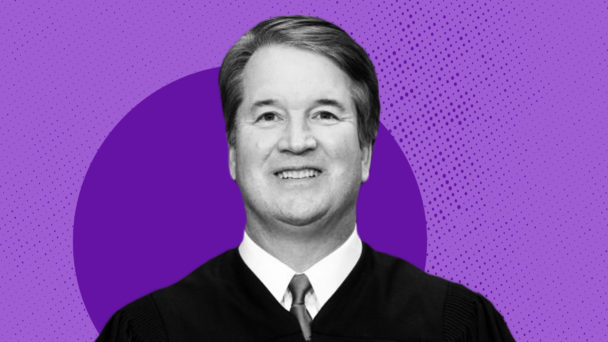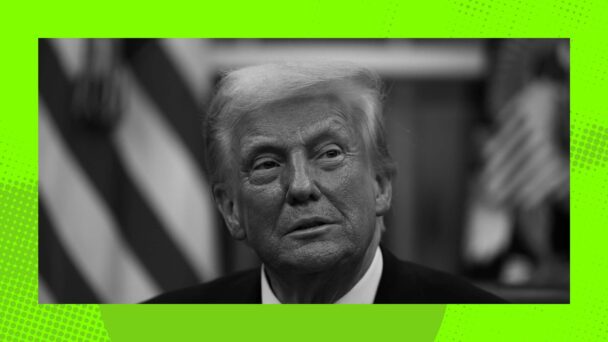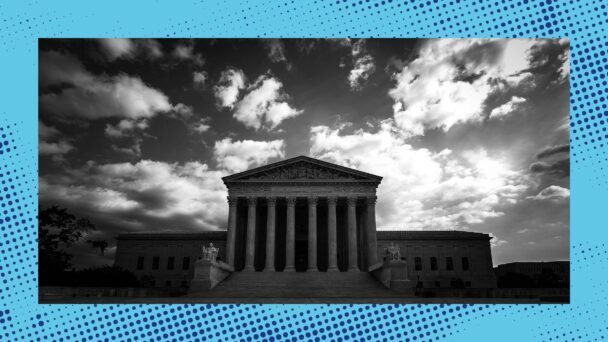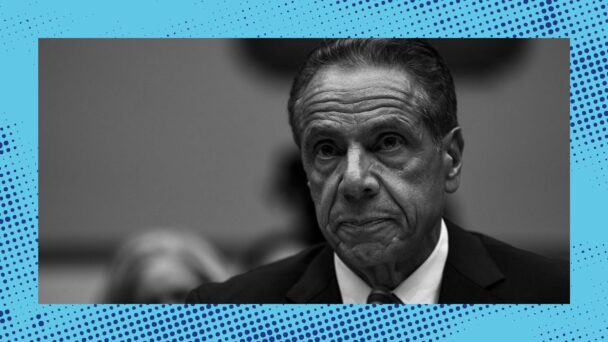Back in 2018, in the tense hours after then-Supreme Court nominee Brett Kavanaugh and Dr. Christine Blasey Ford testified about Kavanaugh’s alleged sexual assault of Ford some thirty years earlier, the members of the Senate Judiciary Committee struck a compromise. The FBI, which had already completed its standard background investigation of Kavanaugh, would have one more week to conduct a second, “supplemental” investigation of “current credible allegations” against him. Arizona Senator Jeff Flake, the lone Republican on the committee to support delaying the final confirmation vote until then, explained that the Senate had a solemn obligation to do “all due diligence with a nomination this important.”
In public, President Donald Trump framed the FBI’s supplemental investigation as sweeping, careful, and, most important of all, independent. The Bureau, he said, was “talking to everybody,” and had “free rein to do whatever they have to do.” Agents, he said, could interview “whoever they deem appropriate, at their discretion,” and “anybody they want, within reason.” White House officials echoed this message, telling reporters that Trump was “letting the FBI agents do what they are trained to do,” and that the investigation would be done “by the book.”
As detailed in a new report from Democratic Senator Sheldon Whitehouse, these promises were, even in Trump-adjusted terms, outrageous lies. What this “by the book” language obfuscates is the fact that the FBI has no “book” for conducting these ad hoc supplemental investigations, which means that, in practice, the Trump administration wrote it on the fly. Behind the scenes, the White House exercised tight control over the investigation as it unfolded, authorizing the FBI to interview ten specific people and denying access to everyone else—including dozens of former classmates and friends of Kavanaugh, Ford, and Kavanaugh’s second accuser, Debbie Ramirez, whose names their lawyers provided to the FBI.
In some cases, the White House even prescribed the permissible scope of questioning for specific witnesses. The list notably did not include Kavanaugh or Ford, both of whom seem like they would be high-priority interview subjects for any serious effort to get to the bottom of things.
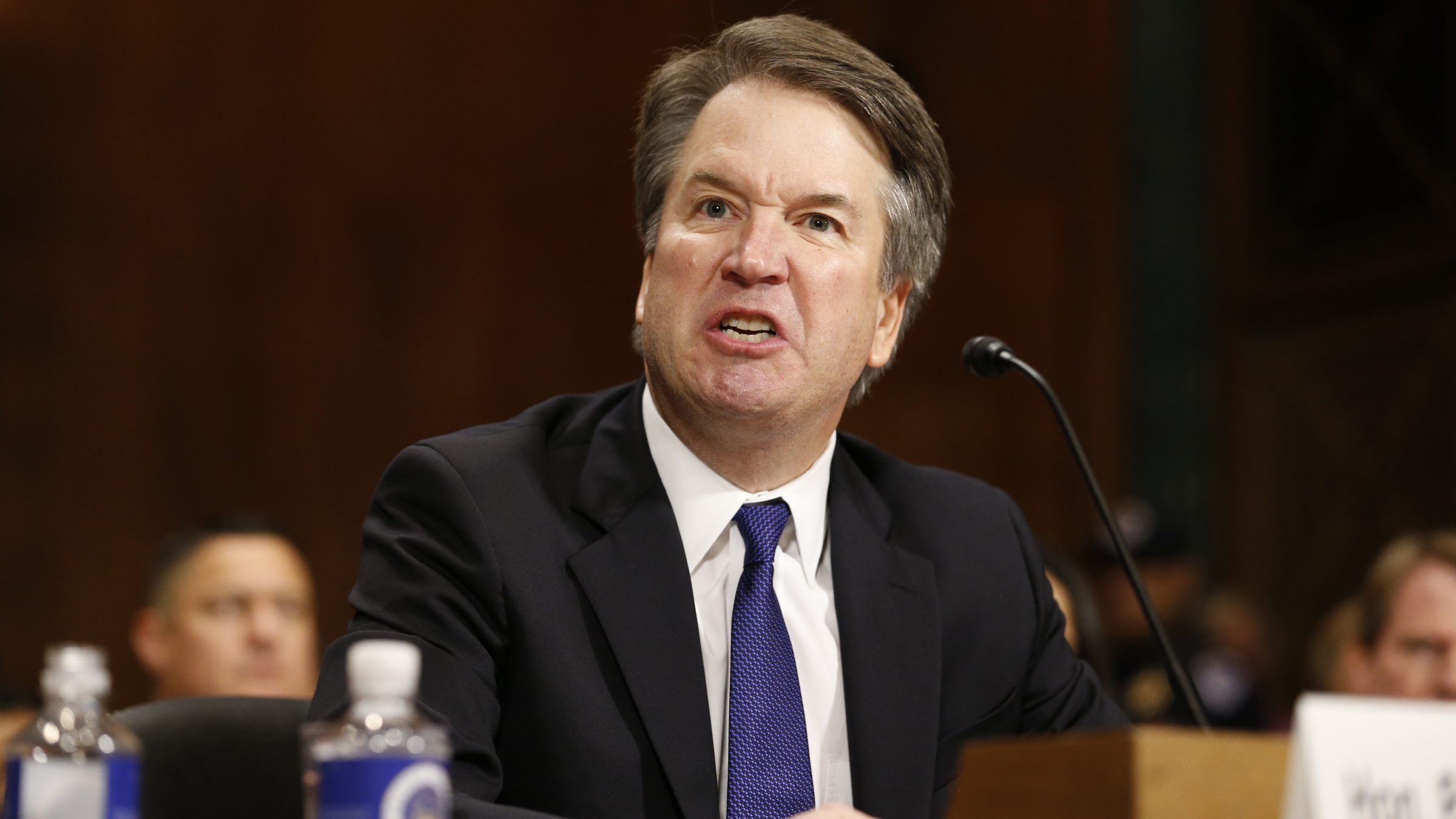
(Photo By Michael Reynolds-Pool/Getty Images)
The cartoonish fraudulence of the Kavanaugh investigation was apparent even at the time, and has been covered extensively since by, among others, the journalists Jackie Calmes and Ruth Marcus in their books about Kavanugh’s confirmation. What’s new in Whitehouse’s account, though, is that FBI officials were so baffled by Trump’s public messaging that they repeatedly contacted the White House to ask if they were in fact authorized to do the job that Trump claimed they were doing. Each time, the answer was no; while the president insisted to the press that the FBI’s investigation was out of his hands, the Bureau could do little more than run a Google search without receiving explicit authorization first.
As the investigation got underway, the FBI also purported to set up a dedicated “tip line” to allow members of the public to come forward with information that might be relevant. Over the course of the week, the Bureau received about 4500 tips, and flagged several as particularly credible and perhaps consequential. Again, however, the White House intervened: It prohibited the FBI from following up, and instead directed agency officials to forward Kavanaugh-related tips to the White House, which—you guessed it—did nothing to look into them. When announcing the FBI’s investigation, the Trump administration portrayed the federal government as eager to hear from responsible citizens who might be able to help. In reality, it set up a phone line that it never answered, with a voice mailbox it never intended to check.
“If anything, there is a danger that the tip line was used by the White House to steer FBI investigators away from relevant or corroborative information,” Whitehouse writes in his report. In the genteel, collegiality-obsessed world of the U.S. Senate, this is as close as anyone gets to calling anyone else a mendacious sack of shit.
Speaking of which: Perhaps the most obnoxious aspect of the Kavanaugh investigation was the extent to which triumphant GOP lawmakers celebrated the results as exonerative, giving the public the impression that after a diligent, professional investigation, their man had come back clean. West Virginia’s Shelley Moore Capito said she was “confident” that the FBI’s work was “comprehensive”; Tennessee’s Bob Corker crowed that the investigation had turned up “absolutely zero corroboration of the allegations.” Iowa’s Chuck Grassley, then the Senate Judiciary Committee’s chair, asserted that “neither the Judiciary Committee nor the FBI could locate any third parties who can attest to any of the allegations,” which is true only inasmuch as neither the Judiciary Committee nor the FBI bothered trying to look.
Maine’s Susan Collins, an ostensibly moderate Republican who sought assurances from Kavanaugh that he would not vote to overturn Roe v. Wade, voted to confirm him after praising the FBI’s “very thorough investigation.” In retrospect, this was not even close to the most obvious Kavanaugh-related lie that Collins credulously accepted as truth.
In his report, Whitehouse describes his colleagues’ faith in the FBI’s investigation as “misplaced,” which is more than a little generous to Republicans who were already closing rankings around one of their own. But his account of the process underscores the indifference of the Republican Party to credible allegations of sexual assault against the man whose vote they needed to cement a conservative Supreme Court majority. They were too excited about what Kavanaugh could do for their policy agenda to want to know if he’d done the things of which he was accused. Fortunately for them, they also had the power to make sure they wouldn’t find out.
Correction: An earlier version of this post stated that Chuck Grassley represents Oklahoma in the U.S. Senate. He represents Iowa.
